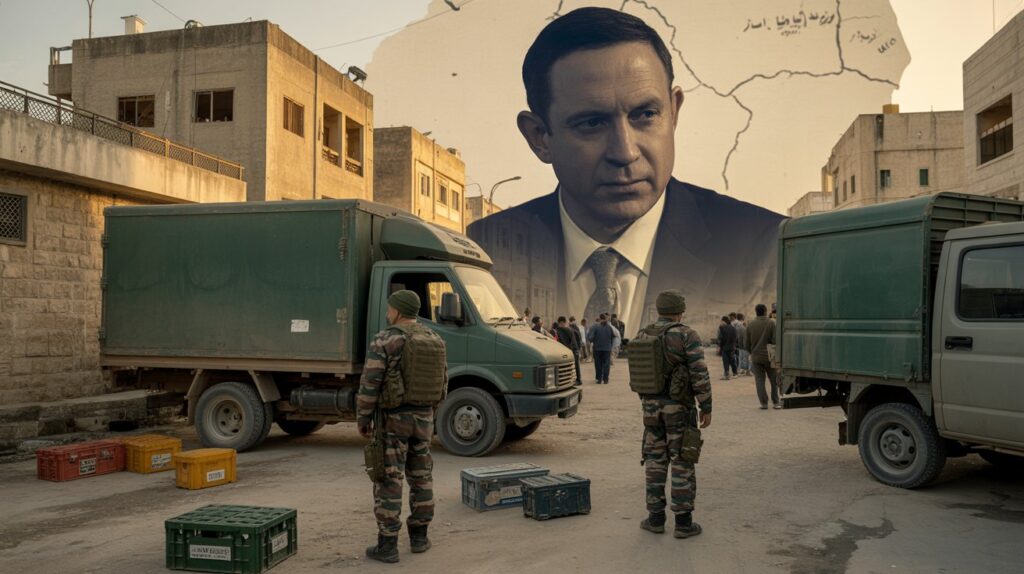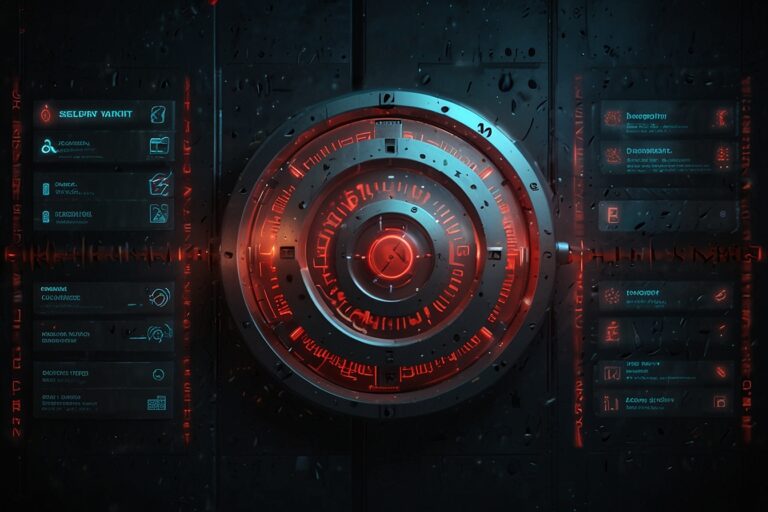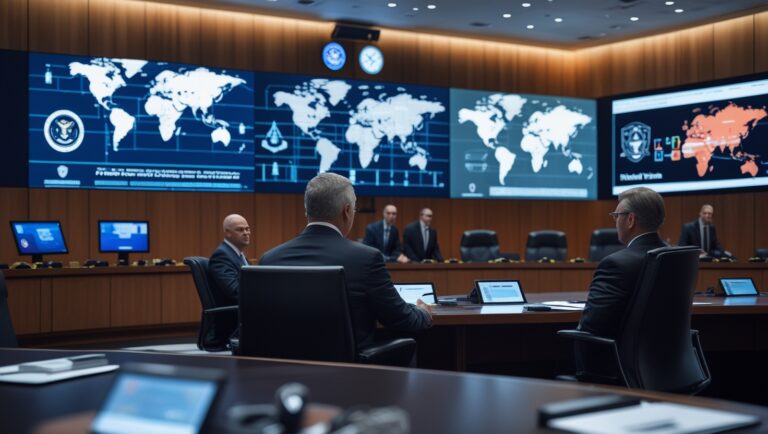
TL;DR
- PM Netanyahu confirms Israel has supplied weapons to Gaza militias opposing Hamas.
- Opposition leaders like Lieberman and Lapid call it “complete madness” and a national security risk.
- Weapons reportedly include AK‑47 rifles, and local clan leader Yasser Abu Shabab is a key recipient.
- The operation occurred without security-cabinet approval, raising transparency and legality concerns.
- Critics warn the move could empower extremist factions, endangering future stability.
Netanyahu Confirms Arming Rival Militias
In a rare acknowledgment, Prime Minister Benjamin Netanyahu admitted Israel has “activated clans in Gaza which oppose Hamas,” claiming the decision was based on intelligence advice. The admittance came in response to Avigdor Lieberman, a former defense minister, revealing the clandestine operation .
Opposition Decries “Complete Madness”
Lieberman characterized the decision as “complete madness,” warning that arming “criminal gangs” — potentially with ISIS-linked fighters — is dangerous and uncontrolled.
Opposition head Yair Lapid criticized the move, saying Netanyahu’s shift from Qatar funding to weapons distribution shows a pattern of reckless behavior .
The “Popular Forces” and Yasser Abu Shabab
The primary group receiving arms is the Popular Forces, commanded by Yasser Abu Shabab, based in Rafah. This militia — approximately 300 fighters — claims to counter Hamas but has been accused of looting aid convoys and possessing extremist ties.
Videos show Abu Shabab armed with AK‑47s near UN trucks, though he denies the accusations.
Strategic Risk or Tactical Advantage?
Proponents argue that using local militias reduces IDF casualties and chips away at Hamas. Yet, experts caution it may empower dangerous actors, leaving Gaza fragmented in the long term .
Humanitarian groups express alarm: aid theft increases, UN convoys have been attacked, and violent clashes persist at distribution hubs .
Gaza Militia Arming Operation
| Item | Details |
| Who | PM Netanyahu, based on security advisor recommendation |
| Militia | Popular Forces, led by Yasser Abu Shabab |
| Weapons | AK‑47 rifles (hundreds distributed) |
| Location | Eastern Rafah, Gaza Strip |
| Approval | No security cabinet sign-off |
| Opposition Reaction | “Complete madness” (Lieberman), national risk |
| Hamas Response | Calls militia “criminal gangs” intended to sow chaos |
| Humanitarian Impact | Increased looting, fear, and truck convoy attacks |
Broader Implications and Fallout
- Political Fallout: Silicone shreds between government and opposition due to bypassing cabinet oversight.
- Humanitarian Security: Increased risk of violence during aid distribution — contradicts protection aims.
- Regional Perception: Critics in Israel and abroad warn this undermines any future rebuilding effort and may breach international norms.
What Comes Next?
- Growing pressure for parliamentary investigation or judicial review over the lack of approval.
- International scrutiny may intensify, particularly if the militia acts outside legal parameters.
- Security priorities are increasingly complicated: will Israel extend proxies or seek direct control?
Conclusion
Israel’s decision to arm rival Gaza militias represents a risky deviation from standard military policy. While it might offer tactical respite against Hamas, it breeds serious long-term uncertainties — legal, humanitarian, and political — both within Israel and the occupied territories. As opposition intensifies, so does the complexity of post-conflict governance and stability.






